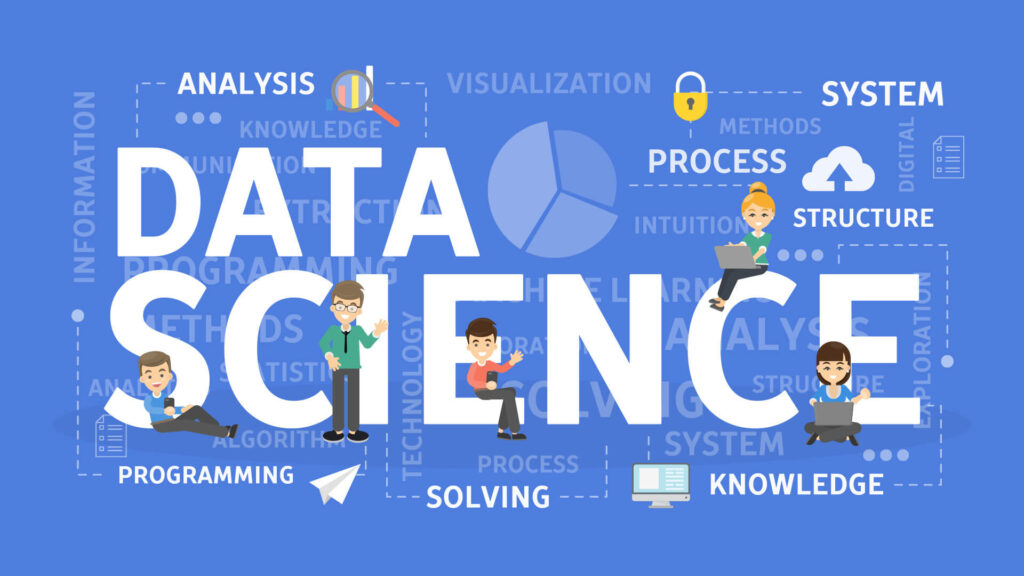Here is the Complete Roadmap to Learn Data Science in 2024:
1. Foundational Knowledge
Mathematics and Statistics
• Linear Algebra: Understand vectors, matrices, and tensor operations.
• Calculus: Learn about derivatives, integrals, and optimization techniques.
• Probability: Study probability distributions, Bayes’ theorem, and expected values.
• Statistics: Focus on descriptive statistics, hypothesis testing, regression, and statistical significance.
Programming
• Python: Start with basic syntax, data structures, and OOP concepts. Libraries to learn: NumPy, pandas, matplotlib, seaborn.
• R: Get familiar with basic syntax and data manipulation (optional but useful).
• SQL: Understand database querying, joins, aggregations, and subqueries.
2. Core Data Science Concepts
Data Wrangling and Preprocessing
• Cleaning and preparing data for analysis.
• Handling missing data, outliers, and inconsistencies.
• Feature engineering and selection.
Data Visualization
• Tools: Matplotlib, seaborn, Plotly.
• Concepts: Types of plots, storytelling with data, interactive visualizations.
Machine Learning
• Supervised Learning: Linear regression, logistic regression, decision trees, random forests, support vector machines, k-nearest neighbors.
• Unsupervised Learning: K-means clustering, hierarchical clustering, PCA.
• Advanced Techniques: Ensemble methods, gradient boosting (XGBoost, LightGBM), neural networks.
• Model Evaluation: Train-test split, cross-validation, confusion matrix, ROC-AUC.
3. Advanced Topics
Deep Learning
• Frameworks: TensorFlow, Keras, PyTorch.
• Concepts: Neural networks, CNNs, RNNs, LSTMs, GANs.
Natural Language Processing (NLP)
• Basics: Text preprocessing, tokenization, stemming, lemmatization.
• Advanced: Sentiment analysis, topic modeling, word embeddings (Word2Vec, GloVe), transformers (BERT, GPT).
Big Data Technologies
• Frameworks: Hadoop, Spark.
• Databases: NoSQL databases (MongoDB, Cassandra).
4. Practical Experience
Projects
• Start with small datasets (Kaggle, UCI Machine Learning Repository).
• Progress to more complex projects involving real-world data.
• Work on end-to-end projects, from data collection to model deployment.
Competitions and Challenges
• Participate in Kaggle competitions.
• Engage in hackathons and coding challenges.
5. Soft Skills and Tools
Communication
• Learn to present findings clearly and concisely.
• Practice writing reports and creating dashboards (Tableau, Power BI).
Collaboration Tools
• Version Control: Git and GitHub.
• Project Management: JIRA, Trello.
6. Continuous Learning and Networking
Staying Updated
• Follow data science blogs, podcasts, and research papers.
• Join professional groups and forums (LinkedIn, Kaggle, Reddit, DataSimplifier).
7. Specialization
After gaining a broad understanding, you might want to specialize in areas such as:
• Data Engineering
• Business Analytics
• Computer Vision
• AI and Machine Learning Research






